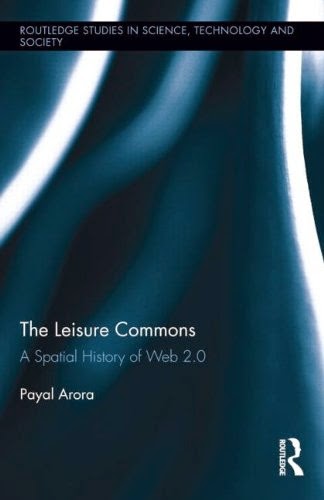My paper 'Decolonizing Privacy Studies' is out in the TV & New Media Journal

My paper 'Decolonizing Privacy Studies' is out in the Television & New Media Journal ! This is part of Stefania Milan and Emiliano Trere's Special issue, ‘Big Data from the South: Beyond Data Universalism.' I presented this earlier at the Amsterdam Privacy Conference in October 2018 so thrilled its out in time. Basically, this paper calls for an epistemic disobedience in privacy studies by decolonizing the approach to privacy. As technology companies expand their reach worldwide, the notion of privacy continues to be viewed through an ethnocentric lens. It disproportionately draws from empirical evidence on Western-based, white, and middle-class demographics. We need to break away from the market-driven neoliberal ideology and the Development paradigm long dictating media studies if we are to foster more inclusive privacy policies. This paper offers a set of propositions to de-naturalize and estrange data from demographic generalizations and cultural assumptions...



